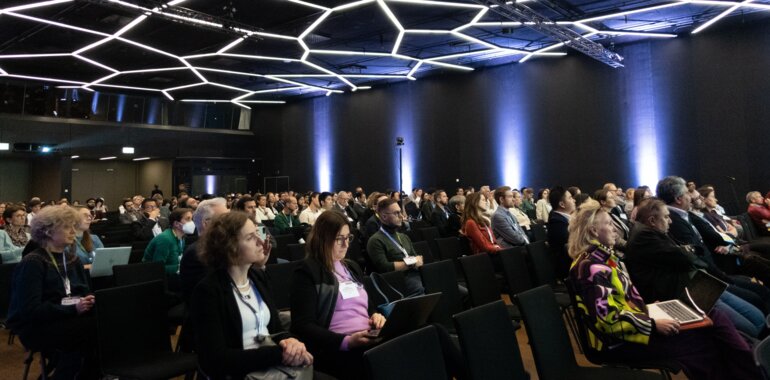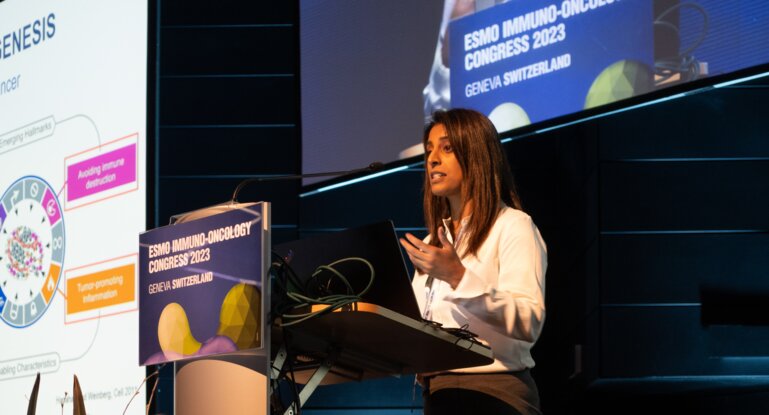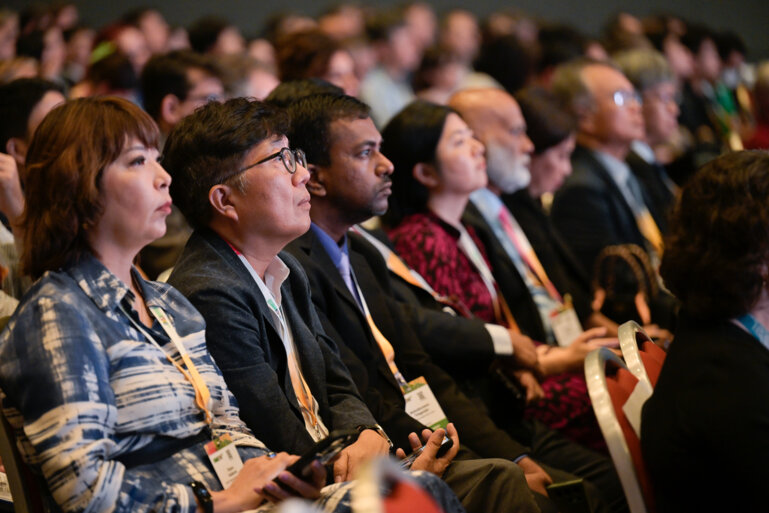
Interferon signaling mediates acquired resistance to immunotherapy
A study identifies some altered inflammatory genes and pathways in non-small cell lung cancer that may be potential targets for overcoming acquired immune resistance

Study reveals mechanisms of acquired resistance to immunotherapy in lung cancer
Acquired genomic changes, decreased TILs and HLA class I expression were identified in patients with non-small cell lung cancer progressing on immune checkpoint inhibitors

A study reveals new insights into resistance mechanisms to hormonal therapy in breast cancer
ESR1 variants show to be predictive of response to fulvestrant and novel mutations have been identified

Most combinations of cancer drugs have additive, but not synergistic efficacy
A study describes an additivity model that can be used to predict the likelihood of success or failure of combination therapies in phase III trials

TILs show long-term efficacy in melanoma, but predicting treatment response is still a challenge
After proof of efficacy in patients with melanoma in a clinical trial, major efforts are now directed to make the use of TILs easier and safer in clinical practice.

Lenvatinib plus pembrolizumab does not improve outcomes in NSCLC
Certain immunotherapy combinations that are effective in selected solid tumours may not be effective in lung cancer without targetable genetic alterations.

Blocking GDF-15 may be promising to overcome resistance to immunotherapy
A study reports evidence of antitumour activity by combining a GDF-15 neutralising antibody with PD-1 inhibition in cancers that are refractory/relapsed to immune checkpoint inhibitors

Preventive immunotherapy shows some activity in pre-cancer oral lesions
A phase II trial opens up discussions on how to define success of chemoprevention studies

New models show promise for predicting response to treatment in HER2-positive breast cancer
Personalisation of treatment could be a step closer by integrating several cancer characteristics, but consolidation of data from these tools is needed before their use in clinical practice

The value of real-world data to inform cancer research and care
Well-designed real-world observational studies are hypothesis-generating and impact therapeutic decisions
